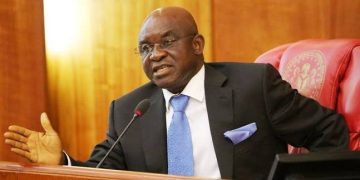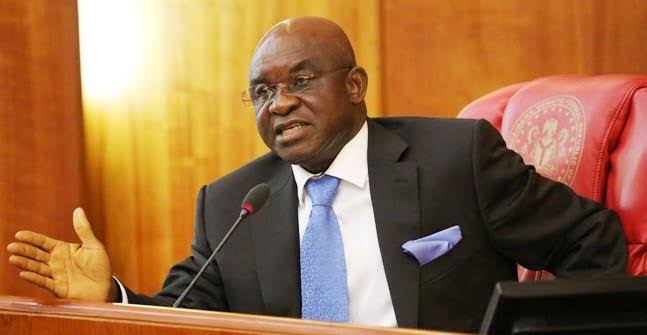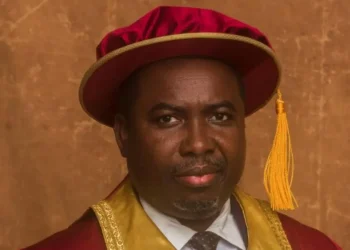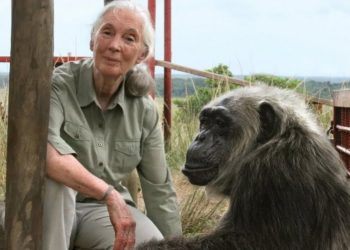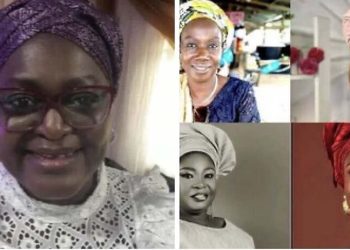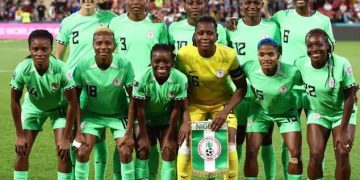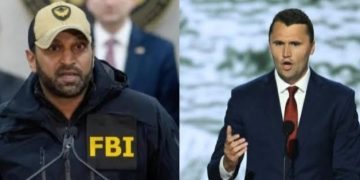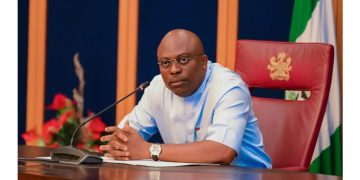David Mark’s story is one of transformation from a disciplined Brigadier General to an enduring Senate President, respected educator, development advocate, and influential power broker. As a public figure, he blends conservative governance with bold development policies and philanthropic passion.
While his career has drawn both admiration and controversy, his recent embrace of ADC and national unity efforts underscores his ongoing relevance.
At nearly 77, David Mark continues to shape Nigerian public life; a testament to longevity, adaptation, and resilience in politics.
David Mark Biography
David Alechenu Bonaventure Mark, GCON, better known simply as David Mark, born on April 8, 1948, in Otukpo, then Northern Region of British Nigeria (now Benue State) is a distinguished figure in Nigeria’s modern history. His journey spans over four decades across military, governmental, and legislative spheres cementing his legacy as one of the country’s most influential and enduring statesmen.
Early Life & Military Formation
David Mark grew up in a modest household. He began education at St. Francis Catholic Practicing School, moving to the Nigerian Military School in Zaria in 1962. He later attended the Nigerian Defence Academy, commissioning as a 2nd Lieutenant in 1970. Early in his career, he became a Captain and was later Commandant of Communications in 1974. He also chaired the Abandoned Properties Implementation Committee in the east during the nation’s political transitions in the mid‑1970s.
His military training continued abroad: he attended the School of Signals in Blandford, UK and military engineering colleges in India, eventually graduating from the National Defence University (Washington D.C.) and Harvard’s executive courses in the early 1990s. By retiring from the Army in 1993, he attained the rank of Brigadier General, having commanded units such as the 1st Division Signals in Kaduna and taught at the Command and Staff College.
Brief Civil Authority: Governor & Minister
During President Buhari’s military era (1984–1986), David Mark was appointed Military Governor of Niger State. His pragmatic governance emphasizing education, infrastructure, and public order marked this period. Under General Babangida’s regime (1987–1990), he was elevated to Minister of Communications, leading NITEL and NIPOST through reforms, digitization, and enforcement of telecom revenue policies famously blunt in warning that telephone services were not charity.
Following Gen. Abacha’s 1993 coup, Mark was retired and fled into self-imposed exile in England until 1998.
Democratic Breakthrough: Senate Ascendancy
With Nigeria’s return to democracy in 1999, David Mark joined the People’s Democratic Party (PDP) and was elected Senator for Benue South. His tenure spanned two decades until 2019, a rare feat in a competitive political environment.
On June 5, 2007, he was elected Senate President, becoming the 12th holder of that office. He served until 2015, an eight-year continuous term making him Nigeria’s longest-serving Senate President. Under his leadership, the Senate passed key legislation such as the Freedom of Information Act and stricter governance reform laws illustrating consensus-building and institutional stability.

Mark was particularly instrumental during the 2010 political crisis, ensuring a constitutional transition from President Yar’Adua to Acting President Jonathan. He also earned a reputation for clarity, famously rebuking perceived duplicity when urging foreign aid donors to “keep their aid” if they challenged Nigeria’s internal policies.
Legislative Legacy & Empowerment Projects
Beyond national politics, David Mark used his influence to advocate for education and development in his constituency. Through the David Mark Scholarship Foundation (DMSF) established in 2005; he awarded scholarships to over 30,000 indigent and vulnerable students, from primary to tertiary levels. He also championed the founding of institutions like the Federal University of Health Sciences, Otukpo and local NOUN study centers.
Mark invested heavily in social infrastructure: building vocational training centers, distributing tools, and sponsoring sports leagues (golf, basketball, football clubs) designed to uplift local youths.
Personal Life & Family
As a devout Catholic and member of the Idoma ethnic group, Senator Mark is married in a polygamous union with multiple wives; Kate, Omale, Helen, Randa, and previously Priye (divorced 2000) and has multiple children, including media personality Blessing Onuh.
A sports enthusiast, he frequents golf, tennis, and squash courts, and owns a country home equipped with a helipad, reflecting his status and lifestyle.
He endured personal tragedy when his first son, Dr. Tunde Mark, passed from cancer in London in 2022, a loss that deeply affected him.
Business Interests & Net Worth
Following retirement, David Mark transitioned from politics into business. He holds investments in real estate, agriculture, and oil and gas, and heads Joy FM 96.5 in Otukpo which is rated as one of Nigeria’s most listened-to stations.
Estimates of his wealth vary: some sources estimate US$20 million, others suggest around US$200 million, citing political allowances, business ventures, and shell companies linked via offshore entities. Regardless, he is widely recognized as one of the wealthiest politicians in Benue and Nigeria at large.
Controversies & Integrity Challenges
Despite his successes, Mark’s career has faced scrutiny. He was associated with a striking remark “telephones are not meant for poor people” reflecting his tough reform style as Communications Minister. He’s also been linked to offshore accounts during his divorce proceedings, prompting legal action in the UK. In 2017, Nigeria’s EFCC questioned him over a controversial Abuja property acquisition, though he defended himself citing legal compliance related to monetisation policy.
Critics have also labeled him as part of entrenched political elites a “career politician” criticized for using institutions for personal and partisan benefit.
Political Reinvention & Ongoing Influence
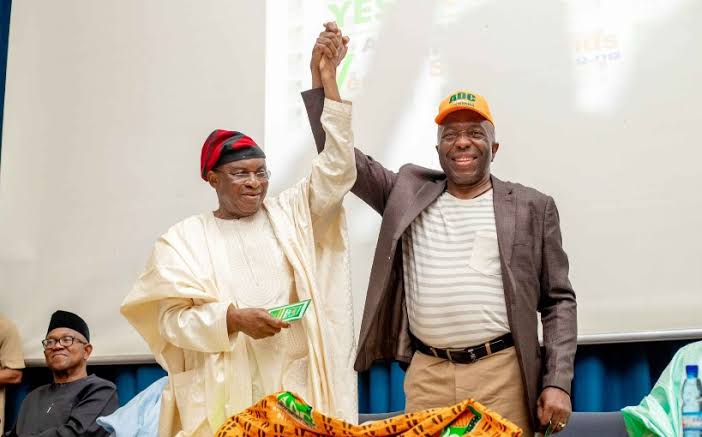
In July 2025, having left PDP after two decades, David Mark joined the African Democratic Congress (ADC), becoming its interim National Chairman. He is helping lead the 2027 coalition, stating that ADC’s revival marks a “sacrifice for our fatherland” in opposing potential one-party dominance. He confirmed the coalition’s agenda aims to “prevent Nigeria’s descent into a one-party state” and foster genuine democracy and accountability.
